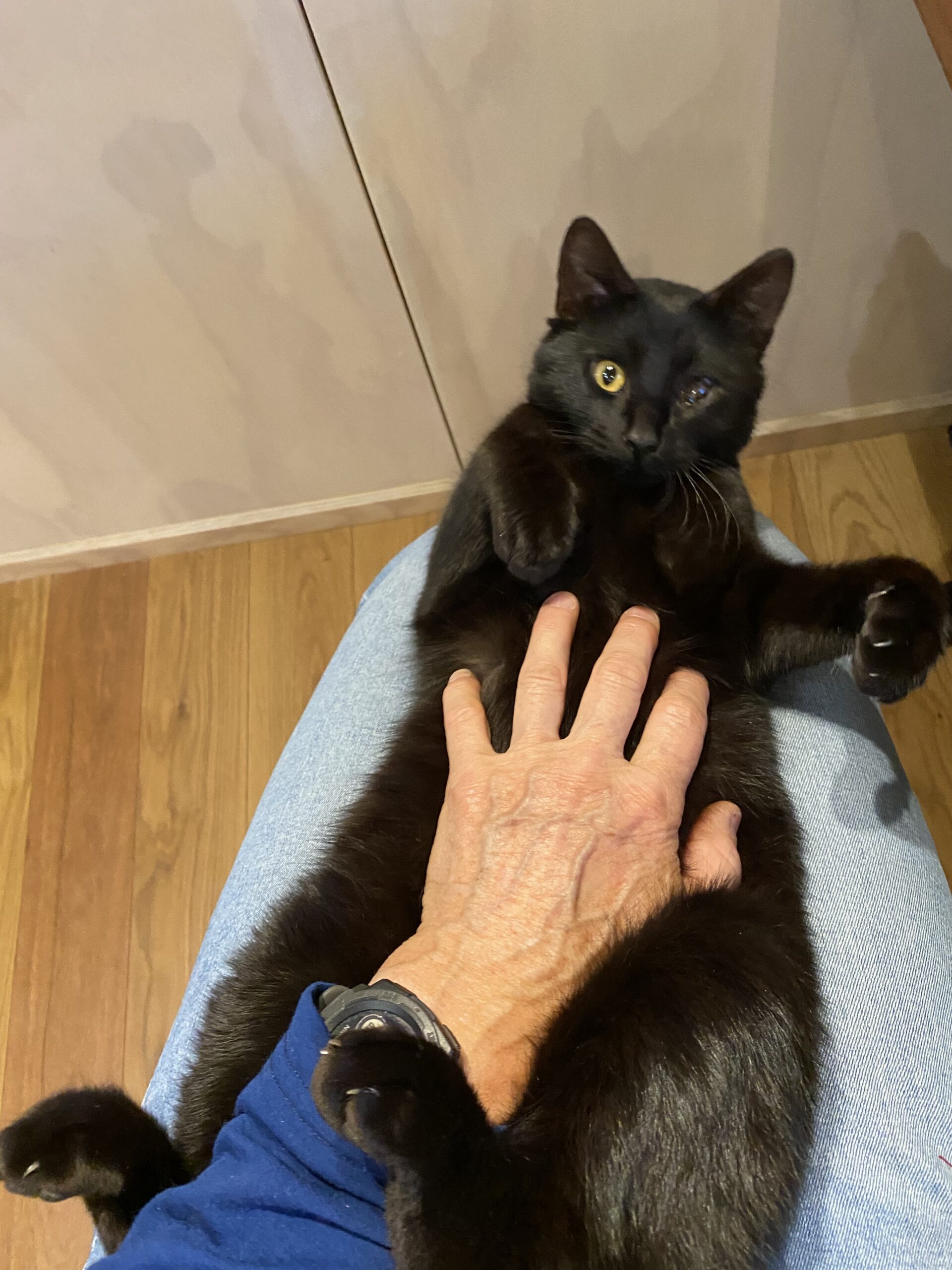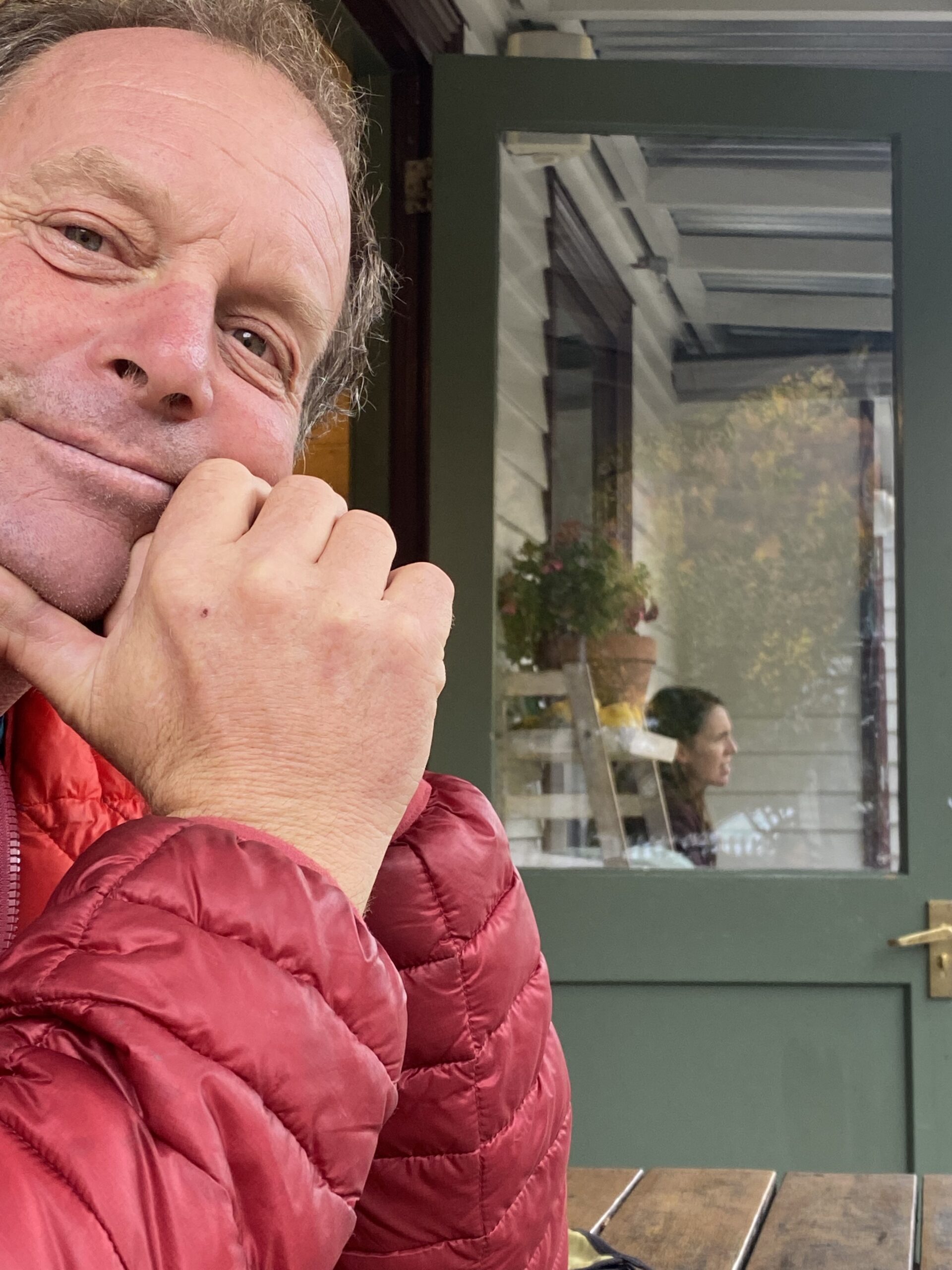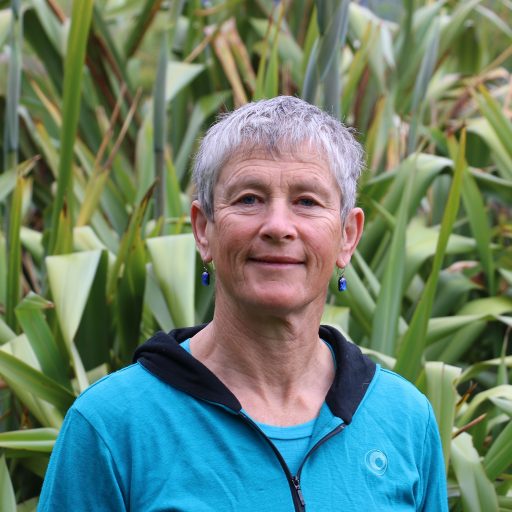Last week’s picture was One-Eye in danger mode. This is cute mode. Lucky cat, she doesn’t have to think about the need to wear a mask.
When I was in Europe I was thrilled to find lots of people not wearing masks and have the relief of not needing to wear one if I didn’t want to. Now I’m back in much more COVIDy New Zealand, I find I am not so thrilled everyone is over mask wearing. I am even less thrilled about how hard it turns out to be to wear a mask when others don’t want to.
I’m still wearing a mask in enclosed public spaces and particularly to events e.g. a musical performance we went to last night. I am doing it to reduce my chances of catching COVID, based on reasonable scientific evidence about the efficacy of masks. I am not expecting others to wear masks and I am certainly not asking them to wear a mask. I am not asking Chris to wear a mask; it’s his choice. I am just wearing one myself. I am particularly wearing a mask at events where people sing, as one of the most likely behaviours to spread COVID. Because I am doing the singer-songwriting thing I want to go to events. And this is becoming a problem.

At the performance last night, one of the first comments from someone I knew was, “You’re still masked up.” I didn’t say, “Well yes, obviously. Unless you’re vision-impaired in which case you can likely hear I am talking through a mask.” Commenting on someone wearing a masks is a bit like saying, “You have a large pimple on your nose” . With a pimple you could feel pressured to put make-up on to hide it. With a mask, you feel pressured to take it off.
People’s behaviours and responses are complicated and varied so I checked with Chris on his interpretation of the mask comment. And on his interpretation of the person then moving quite rapidly away to talk with someone else…possibly because they felt embarassed by their own comment? Chris considered the person’s behaviour unthinking. He also thought that wearing a mask is an inconvenient reminder to others that there is still a COVID-19 pandemic. The person’s behaviour might have been unthinking, but to me it came across as offensive (as in deliberate attack). So I defensively said, “I haven’t had COVID yet,” knowing that the person has had it twice.
I wonder how the person would feel if I said, “Yes, because I take immunosuppressants.” Noting that I don’t! But people could be wearing masks because they have a variety of medical conditions that make them vulnerable to COVID-19 and which they don’t want to discuss publicly.
Given people’s reactions, I now feel the need to preface masked to maskless conversations by saying. “I’m still trying to avoid COVID (ha ha).” Far worse, Chris feels the need to avoid situations where a mask might be useful, because he finds it harder to be a social outcast than I do.
This all feels totally no-win. I really want to go to singing performances. I really don’t want to catch COVID if I don’t have to. I know a number of people who have been hospitalised with COVID, who were healthy with no underlying conditions. Wearing a mask seems like a good intermediate position. If I were in Asia it would be all fine. Since the SARS epidemic, people wearing masks in public spaces or on public transport has been commonplace. in Asian countries and is completely not noteworthy. One could even consider it to be courteous – maybe they have symptoms of respiratory illness!
Unfortunately, wearing a mask in New Zealand is not a good intermediate position because other people don’t like it. Social stigma appears unavoidable. At some point my willingness to stand against the weight of majority opinion will crumble and I will be forced to choose between infection risk and not attending.
Chris asked, so when will you stop feeling the need to wear a mask, as opposed to feeling pressured by others not to wear a mask? A numeric response would be to look at Michael Baker’s graph of the likelihood of being a a room with someone with COVID. Here is my basic calculation of yesterday’s risk of someone in the room having COVID, plotted on the picture below as a red dot.
- New Zealand population 5.084 million
- 28,187 active cases of COVID yesterday according to the Ministry of Health (I’m not taking account of rates of infection in different parts of NZ).
- Approximately twice as many people in NZ have COVID as are documented i.e. around 56,000 active cases
- 56,000 divided by NZ population of 5,084,000 equals 1.1%
- 30 people at the performance.
- Risk of someone in the room having COVID was 20%.
I did the same calculation for the high point of this latest wave of COVID (in mid July) – the risk would have been 40% that someone in the room had COVID. That would definitely be too much of a risk for me. However, I’m not likely to choose when to stop wearing a mask based on a calculation (although I could, now I have found out how). Once answer would be, when the weather gets warmer and I have more choice of being outside, or better ventilated, environments. Or when I people I know, of similar health status to me, are no longer getting very ill with COVID.

However, in the final analysis of mask wearing in New Zealand, my logic-based response is, this current situation sucks!


Discover more from Jane Shearer
Subscribe to get the latest posts sent to your email.




2 thoughts on “Bloody Masks”
A fun read and I feel responsible when wearing a mask so I can continue and finish my work with child on the cancer ward.
I can work with Ayeesha knowing I won’t give Ella covid that she couldn’t fight and lead to her death.Let alone our elderly parents. I made the decision not to attend Ben and Rachel farewell party as Numbers count and I wasn’t prepared to take the risk even though there was unlimited alcohol.Wearing a mask has reduced my lipstick intake .😊Do what’s best for you and your Whanau.
Lol – In March hubby had what we thought was covid – 3 days classic symptoms although negative RAT. I didnt have any symptoms but was fatigued for about three weeks
Last week we both had covid – 5 days each – classic symptoms
We fully expect to be reinfected again before the end of the year
It seems to us that everyone with school age kids is regularly exposed and the reinfection period is every 6-8 weeks, working with someone with school age kids is pretty normal –
Even unsociable types like us who wear masks in all the appropriate places can still pick up the virus.
Mask wearing in auckland is probably < 60% indoors and falling every week
It is a nuisance being sick, It is a real nuisance having the flu multiple times in one year
We cant see the point in worrying about what we see as a certainty (reinfection) but we have decided we will be very circumspect in our interactions one week prior to going on holiday. We will continue to mask wear as a courtesy
NB: my reaction to the vaccine was intense and lasted 1-2 days. Actual Covid symptoms were less intense but lasted 4-5 days